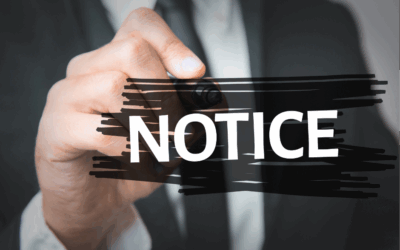As a plan sponsor, one of your key responsibilities is ensuring that employee payroll deposits are accurately and timely processed into your participants’ 401(k) accounts. While this may seem straightforward, tracking these deposits involves a range of considerations and diligent monitoring to ensure compliance, maintain employee trust, and avoid potential penalties.
Read more to learn the importance of tracking payroll deposits, best practices for managing the process, and the tools and strategies that can help plan sponsors stay on top of their 401(k) deposit responsibilities.
Why Tracking Deposits to 401(k) Matters
- Compliance with Regulatory Requirements: The U.S. Department of Labor (DOL) and the Employee Retirement Income Security Act (ERISA) have strict guidelines regarding the timely remittance of employee contributions to their 401(k) plans. Generally, these contributions must be deposited as soon as they can be reasonably segregated from the employer’s assets, but no later than the 15th business day of the following month. The Department of Labor provides a 7-business-day safe harbor rule for employee contributions to plans with fewer than 100 participants. Failure to comply with these timelines can result in fines and penalties, making tracking an essential task for plan sponsors.
- Ensuring Employee Trust and Satisfaction: Employees expect their 401(k) contributions to be invested promptly so they can benefit from market gains. Delays in depositing these contributions can lead to missed investment opportunities and may reduce employee confidence in the retirement plan’s management.
- Maintaining Accurate Financial Records: Regular and accurate tracking helps maintain the integrity of financial records, which is critical for annual audits, Form 5500 filings, and other compliance requirements. It also helps prevent errors such as overpayments or missed contributions.
Best Practices for Tracking 401(k) Payroll Deposits
- Automate Where Possible: Leveraging payroll integration with your 401(k) service provider can help streamline the process of transmitting contribution data and remittances. Automated systems reduce the risk of human error and ensure contributions are deposited within the regulatory time frame.
- Set Up a Reconciliation Process: Develop a reconciliation process to match payroll records with the contributions sent to the 401(k) plan. This involves verifying that the source (Pre -Tax or Roth) and amount deducted from employees’ paychecks matches the amount deposited into their accounts. This step is essential for catching discrepancies early.
- Maintain a Payroll Calendar: Establish a payroll calendar that clearly outlines payroll processing dates, deposit deadlines, and other important tasks. This visual tool can help prevent missed deadlines and ensure all team members are aware of their responsibilities.
- Regularly Monitor Deposits and Perform Internal Audits: Assign a dedicated team member or department to monitor 401(k) deposits regularly. This includes checking for timely deposits and ensuring they align with the amounts deducted from employees’ wages. Regular monitoring helps identify any issues before they escalate.
- Communicate with Service Providers: Maintain open lines of communication with your 401(k) plan provider, payroll provider, and any third-party administrators. Regular communication ensures that any issues or discrepancies are quickly identified and resolved. Plan sponsors should also review the service agreements to understand the roles and responsibilities of each party.
- Prepare for Audits: In the case of an audit, plan sponsors need to provide detailed documentation of payroll deductions and 401(k) deposits. Keeping meticulous records, including payroll reports, bank statements, and communication logs with providers, can help ensure a smooth audit process.
Tracking payroll deposits to a 401(k) plan is an important responsibility for plan sponsors. Proper tracking not only ensures compliance with regulatory requirements but also builds trust with employees and helps maintain accurate financial records. By adopting best practices, leveraging technology, and maintaining clear communication with service providers, plan sponsors can effectively manage 401(k) deposits and minimize risks.
By staying vigilant and proactive in managing 401(k) deposits, plan sponsors can provide a more secure and reliable retirement savings plan for their employees, fostering confidence and satisfaction in the workforce.


